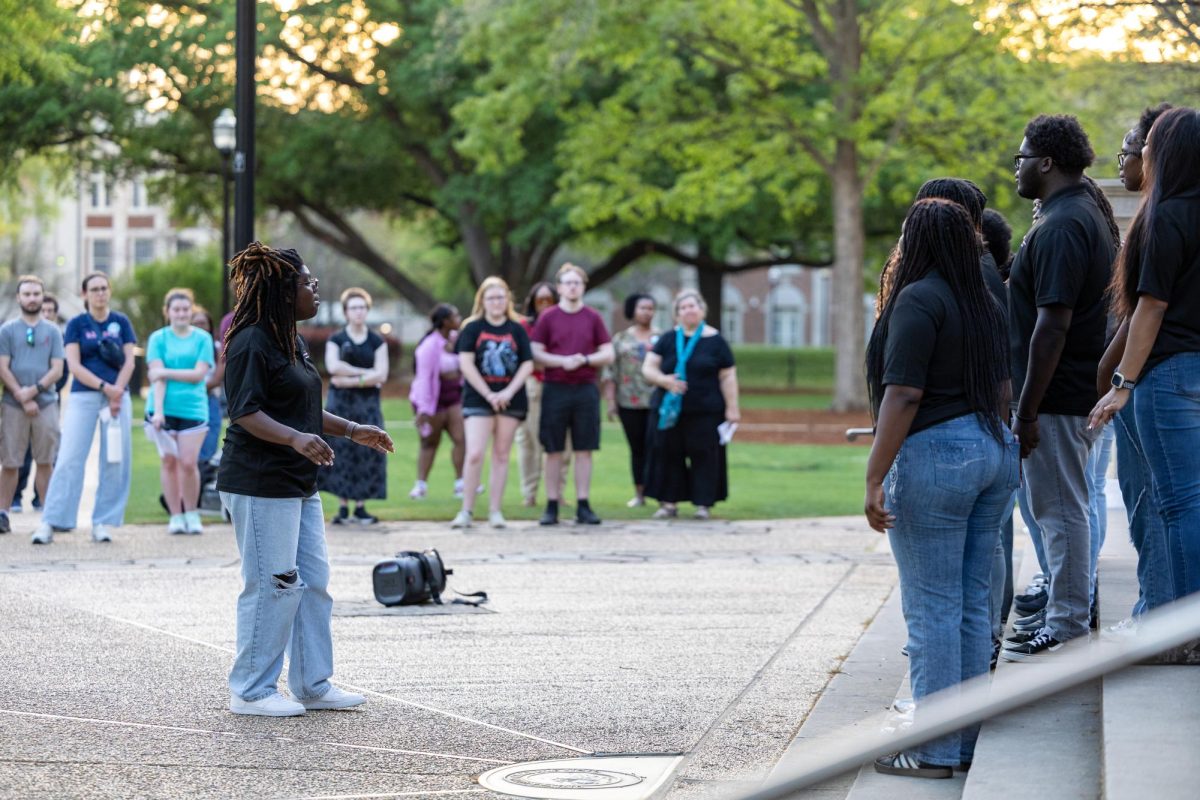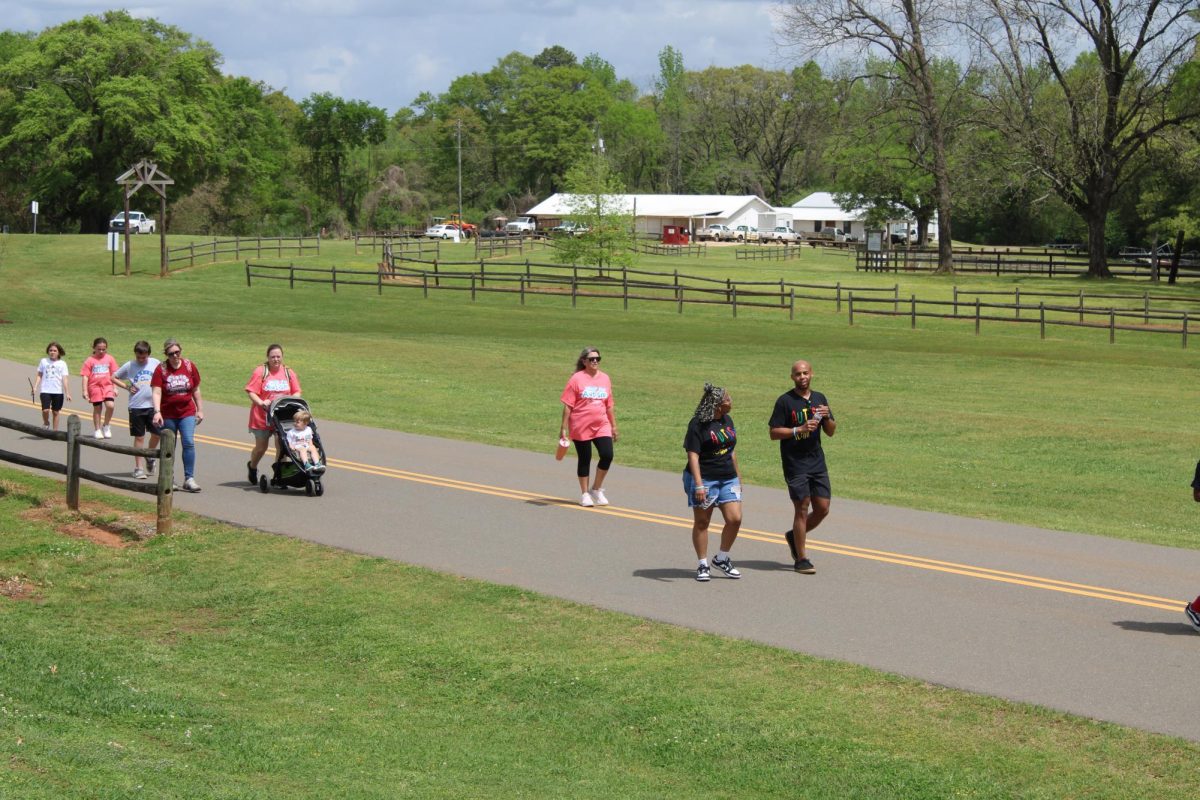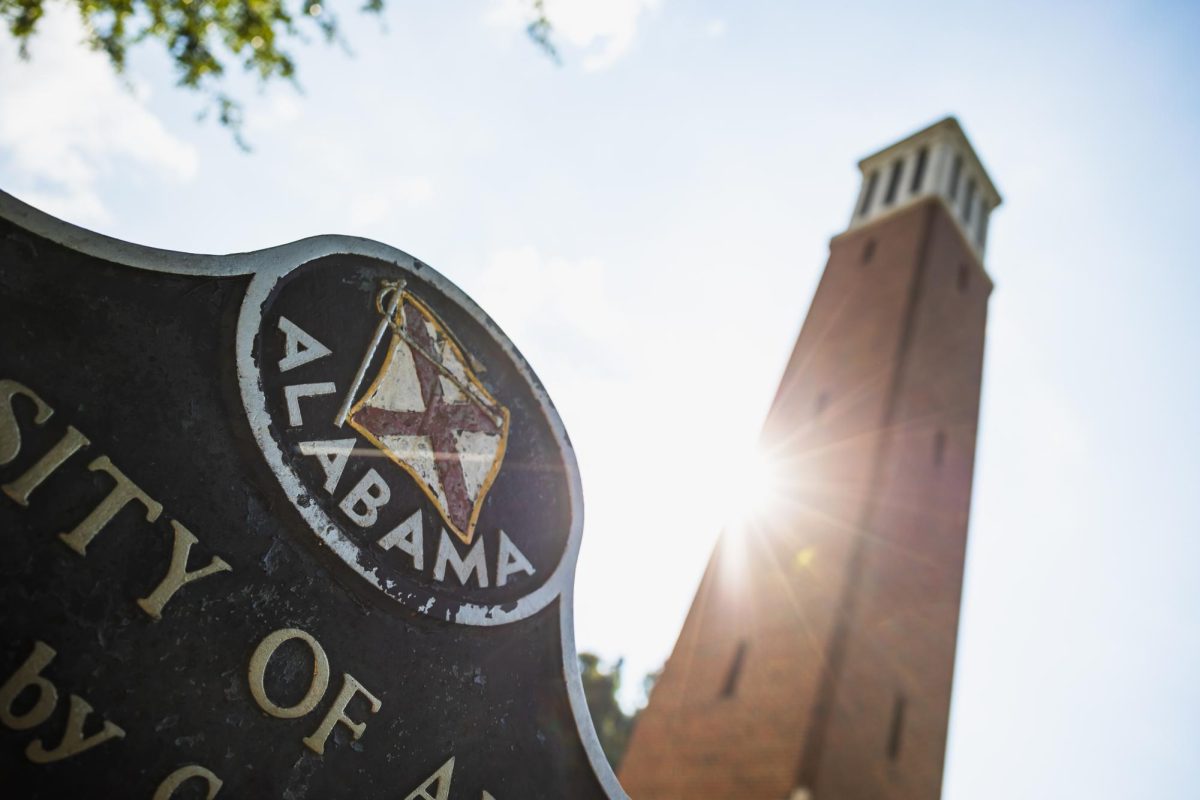University of Alabama Judicial Affairs, which enforces the Student Code of Conduct, disciplined 518 students for generic alcohol violations in 2010, according to the Campus Security and Fire Safety Report. The number has nearly doubled in four years from 270 violations in 2007.
Auburn University disciplined 69 students for alcohol offenses, and the University of Florida and Ole Miss both disciplined 120, according to their respective reports.
Cathy Andreen, director of media relations, said in an emailed statement that comparing the University to other academic institutions might invoke a false standard of reference.
“Each University is unique, as is each city,” she said. “The percentage of students living on campus, the campus environment, student demographics, the reporting environment and a number of other factors contribute to the numbers reflected in the CSR reports; therefore, caution should be used in comparing statistics from one university to the next.”
Several experts, however, said that these numbers point to a culture that energizes college drinking, and that alcohol violations will persist into the academic year.
The national popularity of binge drinking on college campuses has stayed steady for three decades with 40 to 44 percent of students drinking more than the National Institute of Health recommends, said Delynne Wilcox, assistant director of health promotion and wellness for the Student Health Center.
“The good side is that it’s not getting worse; the bad side is that we’re stuck,” she said.
The National Institute on Alcohol Abuse and Alcoholism defines binge drinking as a pattern of drinking that brings a person’s blood alcohol concentration to 0.08 grams percent or above, which usually happens when men consume five or more drinks or when women consume four or more drinks in about two hours.
“We elders worry that the culture of heavy drinking is moving beyond experimentation to an on-going lifestyle in which there is never a return to moderation,” said Lisa Dorr, an associate professor of history who served on the Alcohol Strategic Health Team years ago. “If that’s true, that is a big problem for society.”
The Alcohol Strategic Health Team, a diverse group that draws its members from the University of Alabama Police Department, the School of Social Work, Housing and Residential Communities and more, monitors the drinking habits of UA students.
Dorr said the team knew the prevention and intervention initiatives of the University could not dent the aluminum-and-glass plated armor of college drinking.
“This committee never had any illusions that you could actually eliminate drinking among college students,” she said. “We were talking about how to save students from themselves, in many ways.”
AlcoholEdu, a survey required of freshmen that informs them of college drinking habits and provides safety tips, has been used since 2006 and functions as the centerpiece of the University’s alcohol prevention and intervention initiatives, Wilcox said.
Wilcox referred to AlcoholEdu as a comprehensive, population-based education program that can tailor the content of the survey to the individual.
The Alcohol Strategic Health Team also saw AlcoholEdu as a kind of cure to all ills, but Dorr questioned its effectiveness.
“I was never interested in what students thought they learned from AlcoholEdu as they left the session,” she said. “I always wanted to know what they thought of it as they were leaving a bar and headed to their cars at 2 a.m. Changing behavior is much harder than getting positive responses from an exit survey.”
Wilcox said the University blankets the campus with educational material about the nature of alcohol as a poison because the pervasiveness of binge drinking has to be countered with a multifaceted approach.
“There is no one silver bullet to addressing alcohol prevention and intervention on campuses,” she said.
Subhed: UA provides alcohol-free environments
From presentations about blood alcohol concentrations in freshman seminars to the student-led LessThanUThink Campaign and to the alcohol-free Rising Tide Tailgate on the Quad during home football games, the University tries to match the pervasiveness of binge drinking by multiplying its initiatives.
The Rising Tide Tailgate, for instance, gives students a social space free of alcohol on the Quad during home games. It also has food for students who may be drunk but hungry. Wilcox called this harm reduction.
“It’s important to make sure you eat while consuming alcohol,” she said.
Wilcox said college campuses are not good at taking a comprehensive approach to combat heavy drinking and need to be more intentional about incorporating well-researched methods called “best practices” into their approaches.
She said UA President Robert Witt has taken a good approach to changing the environment conducive to drinking by breaking up the density of alcoholic outlets on the Strip through welcoming businesses other than bars to the area.
She said the University is essentially contending with an entire culture predisposed to drink, and the advertising industry doesn’t help that imbalance of influence.
“That’s where students have let the media and advertisements dictate their behavior,” she said. “The alcohol industry has over $3 trillion to spend on advertising; we have nowhere near that on the prevention side, not even one percent of it, generally speaking. That’s what we’re up against.”
The modern techniques of the advertising industry may be stoking consumption of alcohol to higher levels, but the culture of binge drinking seems to be timeless.
“I will say that a college culture saturated with alcohol is nothing new,” Dorr said. “There were plenty of concerns in the 1920s about Alabama student drinking, and I don’t really think it will ever entirely change.
“I was always amazed at the sheer stupidity of student actions that we heard about at the meetings, as though students had no idea of the science of alcohol, how it operates as a poison, its rate of metabolization, when BAC became life-threatening etc.,” Dorr said. “In short, why would anyone think funneling vodka was anything other than flirting with brain damage or death?”
Judicial Affairs, the University police, the Counseling Center and the Student Health Center all serve as cushions for students who experiment with alcohol in college but find themselves on the wrong side of a jail cell in the morning.
After a first or second alcohol violation, students are sent to counseling sessions in the Student Success Workshop, an intervention program headed by Project Health of the Student Health Center, now in its second year of operation.
Teresa Young, a licensed social worker who is a coordinator for the Student Success Workshop, said the intervention program asks students sent from Judicial Affairs about their experiences with alcohol, whether alcohol has been abused in the family or how the students feel about alcohol.
“The point is not to tell them not to drink; the point is for them to arrive at making good decisions,” she said.
Much like AlcoholEdu, the Student Success Workshop has the students answer questions from a survey informed by the answers given by other students from across the nation in the National College Health Assessment, a survey in place for 10 years that tracks trends in health issues on campus.
Young said the students she deals with have unrealistic perceptions of drinking.
“Compared to other students across the country, generally students perceive that there is a lot more drinking than what there really is,” she said.








